Kýrie, eléison
Answer me when I call to you, my righteous God. Give me relief from my distress; have mercy on me and hear my prayer.
-Psalm 4:1
The prayer, "Kyrie, eleison," "Lord, have mercy" derives from a Biblical phrase: In Greek ἐλέησόν με κύριε .
-Psalm 4:1
The prayer, "Kyrie, eleison," "Lord, have mercy" derives from a Biblical phrase: In Greek ἐλέησόν με κύριε .
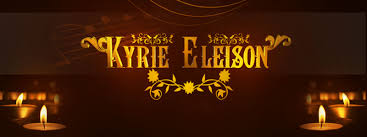
"Have mercy on me, Lord" is the Septuagint translation of the phrase חָנֵּנִי יְהוָה found often in Psalms (4:1, 6:2, 9:13, 25:16, 27:7, 30:10, 31:9, 51:1, 86:16, 123:3)
In the New Testament, the Greek phrase occurs three times in Matthew: 15:22, 17:15, 20:30.
In the New Testament, the Greek phrase occurs three times in Matthew: 15:22, 17:15, 20:30.
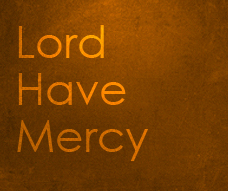
Τhe phrase Kýrie, eléison (Greek: Κύριε, ἐλέησον), is one of the most oft-repeated phrases in Eastern Christianity, including the Eastern Orthodox and Eastern Catholic Churches.
The prayer is simultaneously a petition and a prayer of thanksgiving.
The prayer is simultaneously a petition and a prayer of thanksgiving.
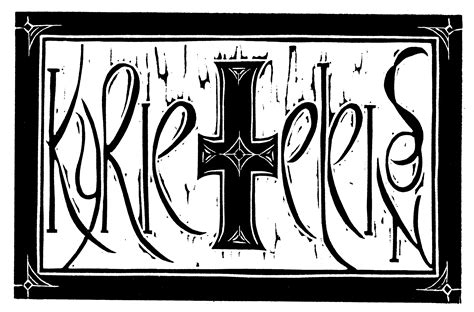
Since 1549, Anglicans have normally sung or said the Kyrie in English. In the 1552 Book of Common Prayer, the Kyrie was inserted into a recitation of the Ten Commandments. Modern revisions of the Prayer Book have restored the option of using the Kyrie without the Commandments.
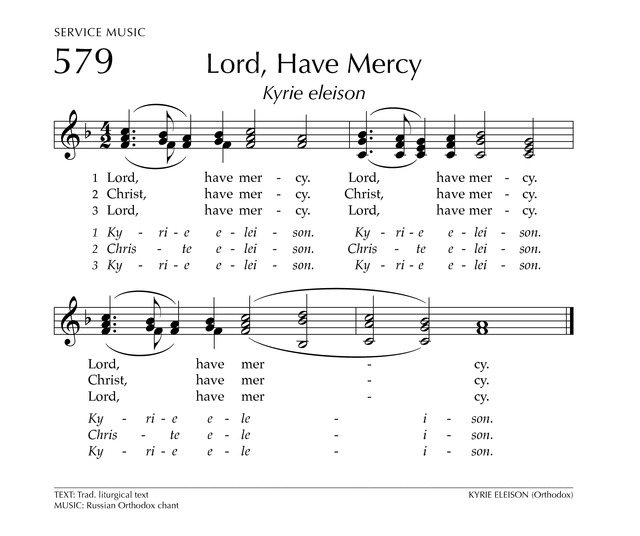
Its emphasis is not on us (our sinfulness) but on God’s mercy and salvific action in Jesus Christ. It could just as accurately be translated "O Lord, you are merciful!" Note that the sample tropes all mention what Christ has done for us, not how we have sinned.
-Mark R. Francis
-Mark R. Francis
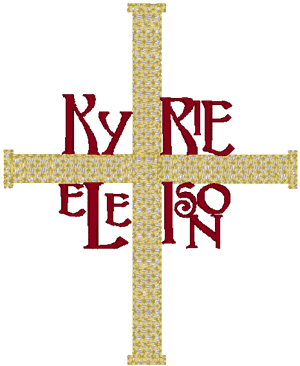
St. Symeon: This expression is appropriate, since we should not ask for anything except for mercy, as we have neither boldness nor access to offer anything. ...So as sinners and condemned through sin we cannot, nor dare not, say anything to our Loving Master except 'have mercy.
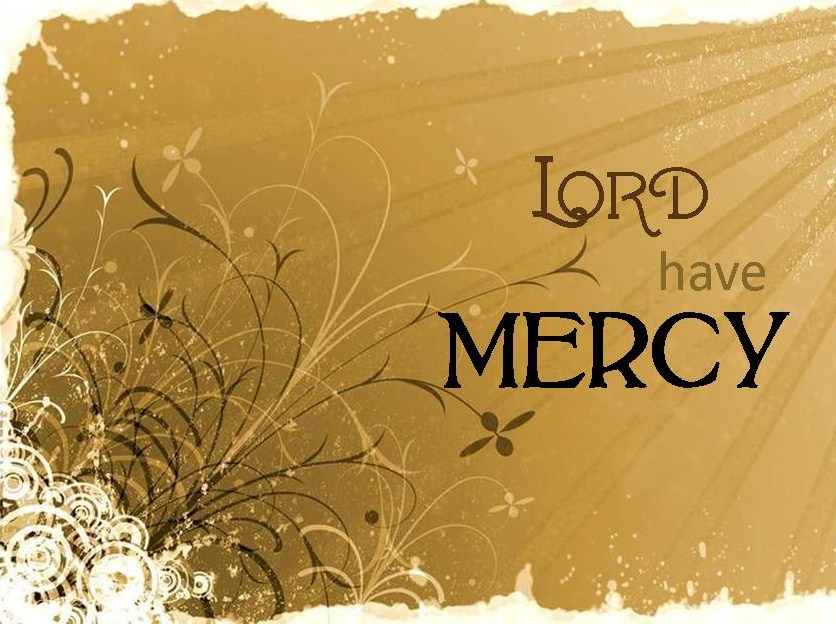
CS Lewis, TGD:
His friend from heaven tries to explain that he has been forgiven, that both he and the man he had murdered have been reunited before the judgment seat of Christ. But the big ghost from hell replies, "I just can't buy that!" "My rights!" he keeps shouting
His friend from heaven tries to explain that he has been forgiven, that both he and the man he had murdered have been reunited before the judgment seat of Christ. But the big ghost from hell replies, "I just can't buy that!" "My rights!" he keeps shouting
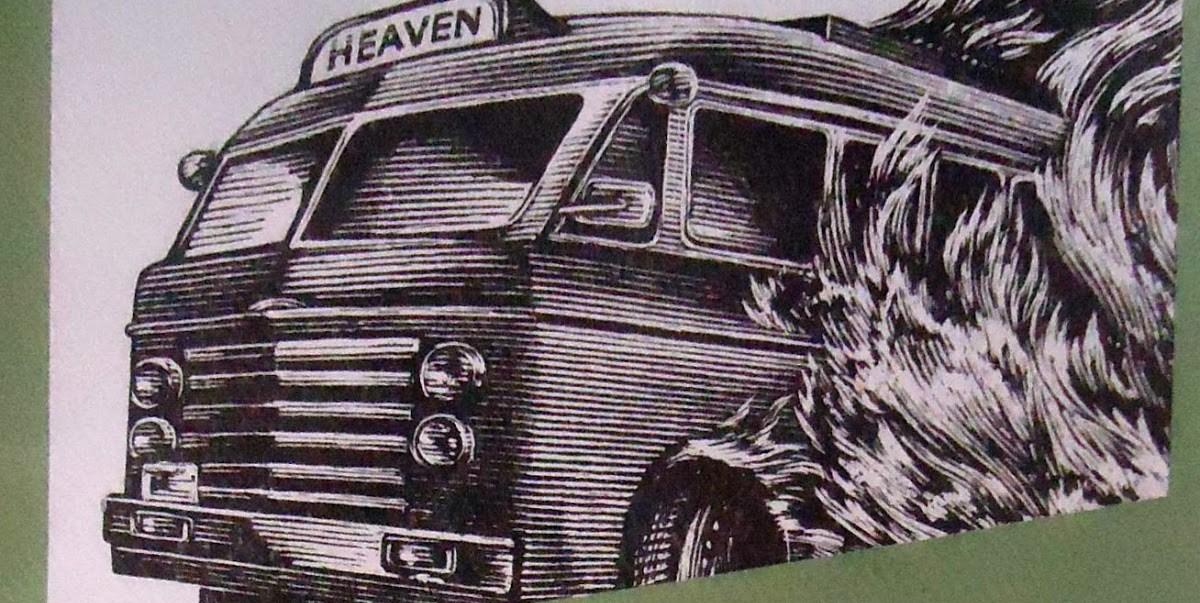
"Oh no!" his friend from heaven keeps reassuring him, "It's not as bad as all that! You don't want your rights! Why, if I had gotten my rights, I would never be here. You'll not get your rights, you'll get something far better. You will get the mercy of God."
-CS Lewis, TGD
-CS Lewis, TGD

Many people remember Julius and Ethel Rosenberg, who were tried in court for treason against the United States. The trial was a long and bitter one. As the final sentence was pronounced, the lawyer for the Rosenbergs cried out, "Your Honor, what my clients ask for is justice!"
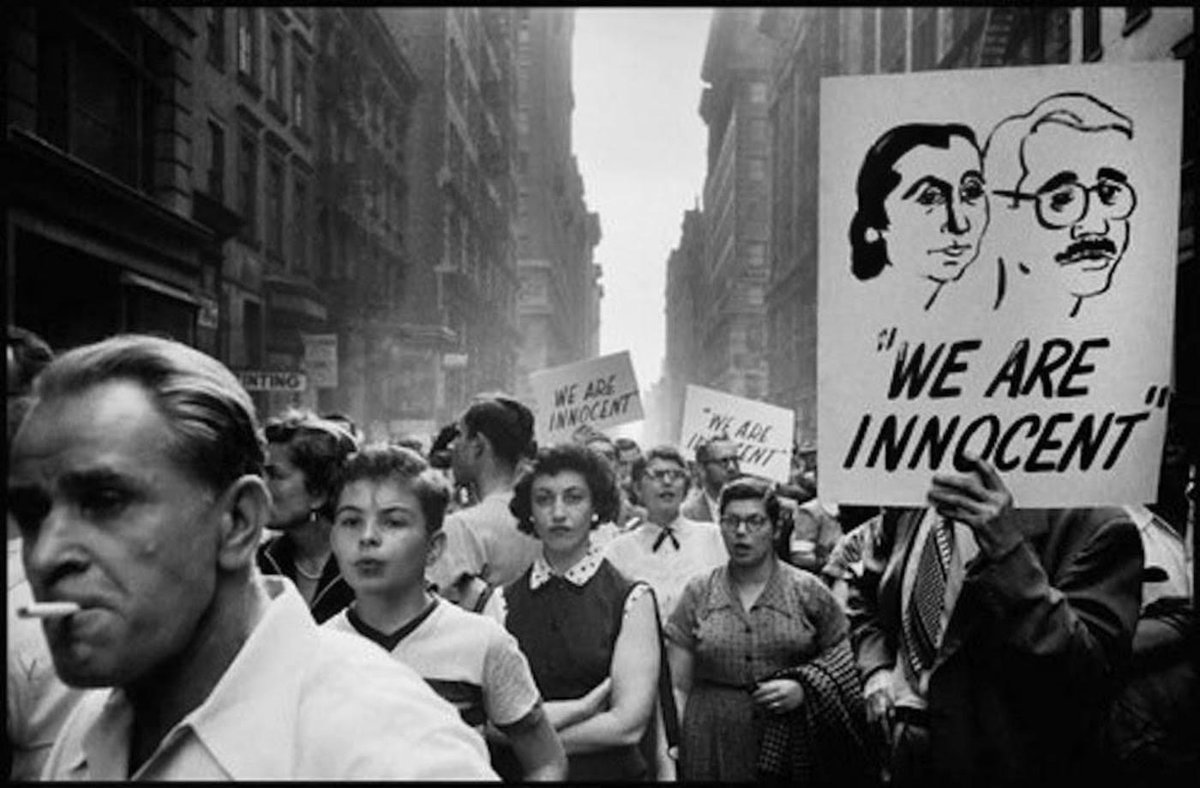
Judge Kaufman replied, "What the court has given them is what they ask, justice! What they really want is mercy. But mercy is something this court has no right to give them."
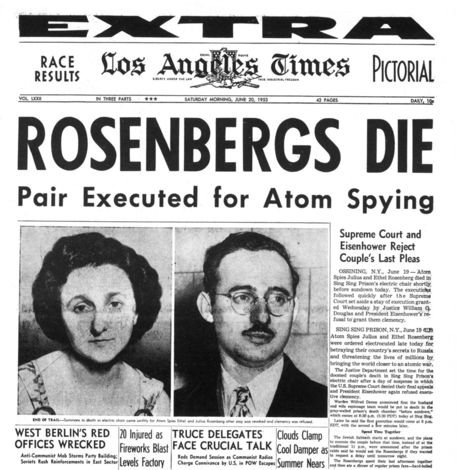
Mr. Mister, Kyrie, Welcome to the Real World (1985)
Kyrie eleison, down the road that I must travel
Kyrie eleison, through the darkness of the night
Kyrie eleison, where I'm going will you follow
Kyrie eleison, on a highway in the light
Kyrie eleison, down the road that I must travel
Kyrie eleison, through the darkness of the night
Kyrie eleison, where I'm going will you follow
Kyrie eleison, on a highway in the light
Song Facts:
John Lang: I got the inspiration from singing it as a kid in an Episcopal church in Phoenix.
The music video was shot in December 1985 when Mr. Mister were opening for Tina Turner on her Private Dancer tour.
John Lang: I got the inspiration from singing it as a kid in an Episcopal church in Phoenix.
The music video was shot in December 1985 when Mr. Mister were opening for Tina Turner on her Private Dancer tour.
Comments
Post a Comment